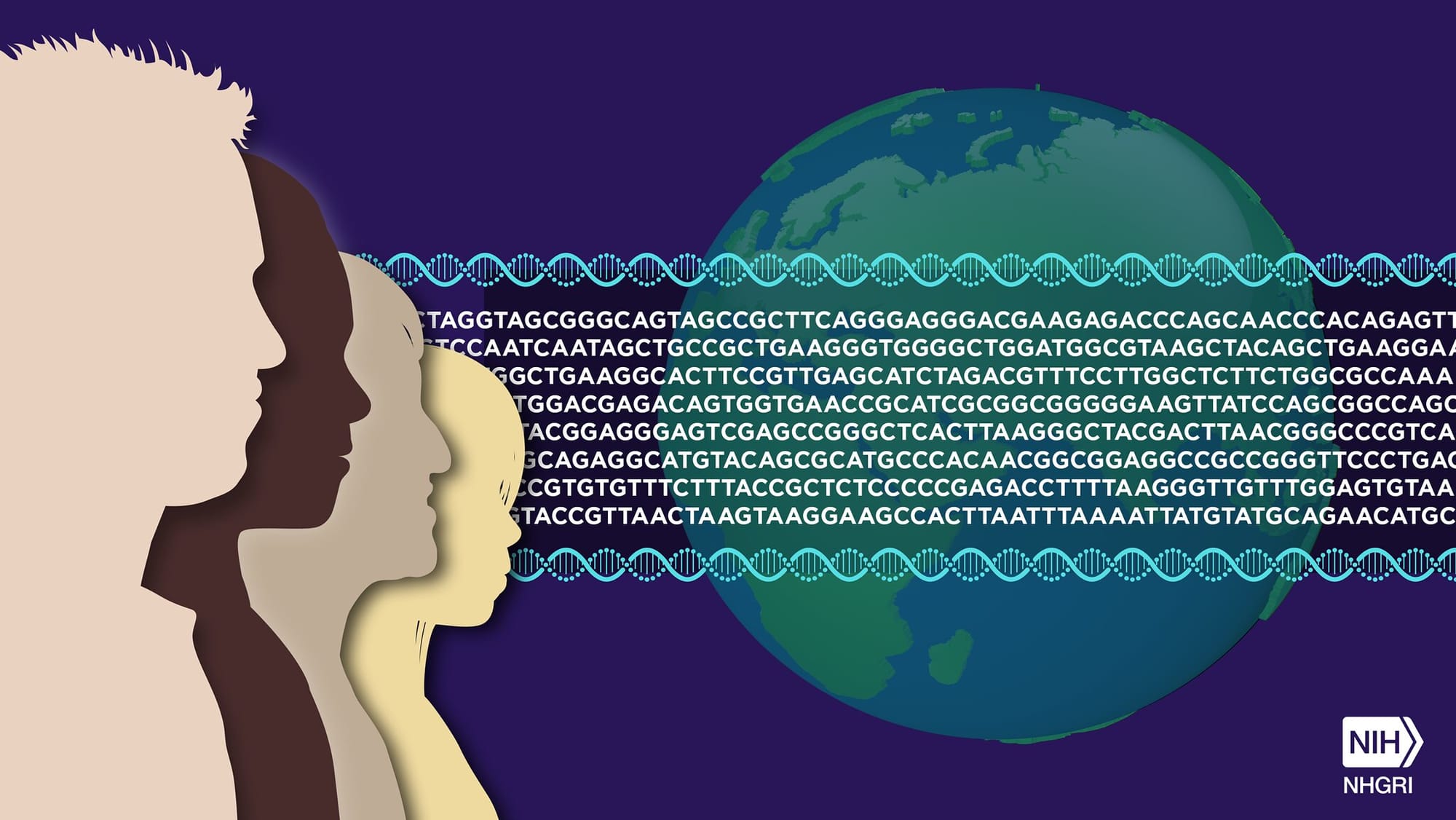Diversifying genomics
The lack of diversity in genome datasets produces an incomplete picture of links between genes and diseases and prevents equitable delivery of genomic medicine

Africa has a high burden of chronic kidney disease, with prevalence rates much higher than in developed countries. Many patients don’t even realize they are living with the disease. But when Segun Fatumo, head of Non-Communicable Diseases Genomics at MRC Uganda, and his team wanted to look into the genetic drivers behind this high prevalence, they realized that there was insufficient genetic or kidney function data across the entire continent.
When they managed to conduct a genome-wide association study (GWAS) linking Africa-specific genetic variants associated with kidney function,1 it was statistically underpowered with only 3000 Ugandan genomes. By comparison, a previous GWAS of kidney function, comprising mostly those with European ancestry, sampled genomes of a million individuals. Fatumo, who is also Chair of Genomic Diversity at Queen Mary University of London, said that this illustrated the genome data disparity to him. Moreover, the disparity has worsened.
“In 2016, the proportion of African genomes in genomics studies was 3%. I saw that decline to 1.1% by 2022,” Fatumo told GEN Biotechnology. Of these, most are based on studies done on African Americans, with the 1.5 billion people living in continental Africa severely underrepresented. Likewise, Asian, Hispanic, and Indigenous communities are also severely underrepresented in genomic studies, both within the U.S. and globally. This lack of diversity in genome datasets produces an incomplete picture of links between genes and diseases and prevents equitable delivery of genomic medicine.
This text is excerpted from a news feature I wrote for the DEI-themed August 2024 issue of GEN Biotechnology. Read the full article here.
